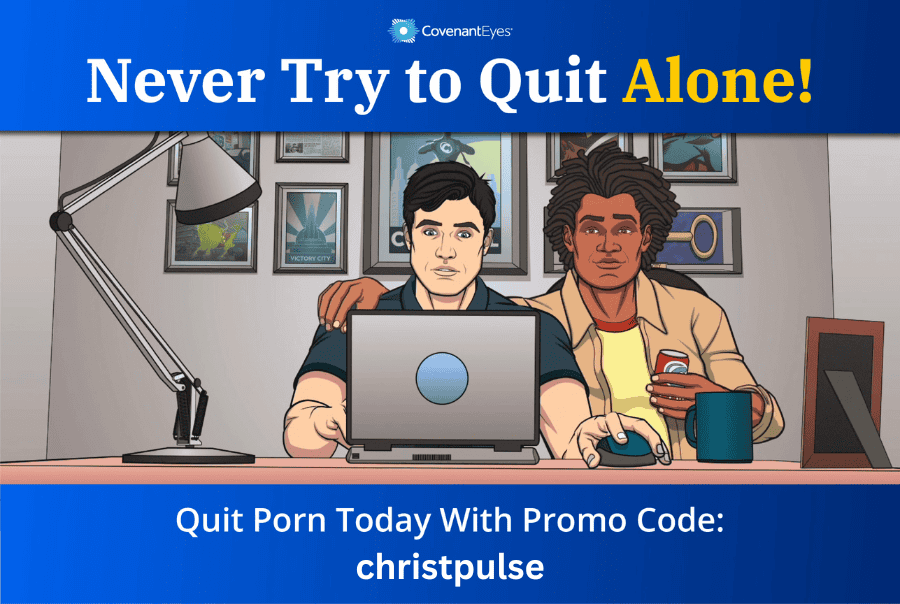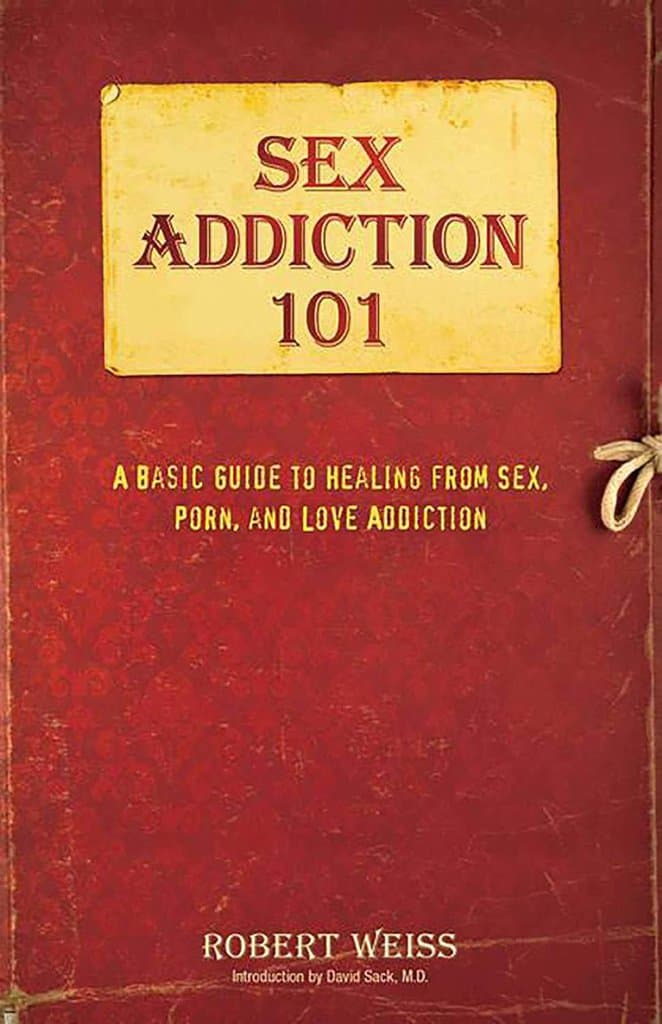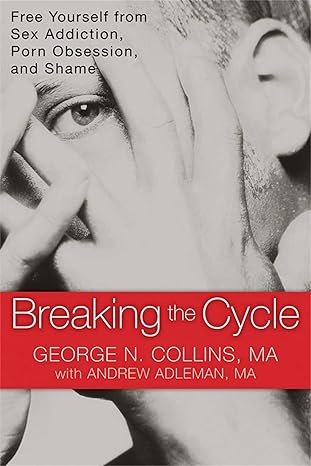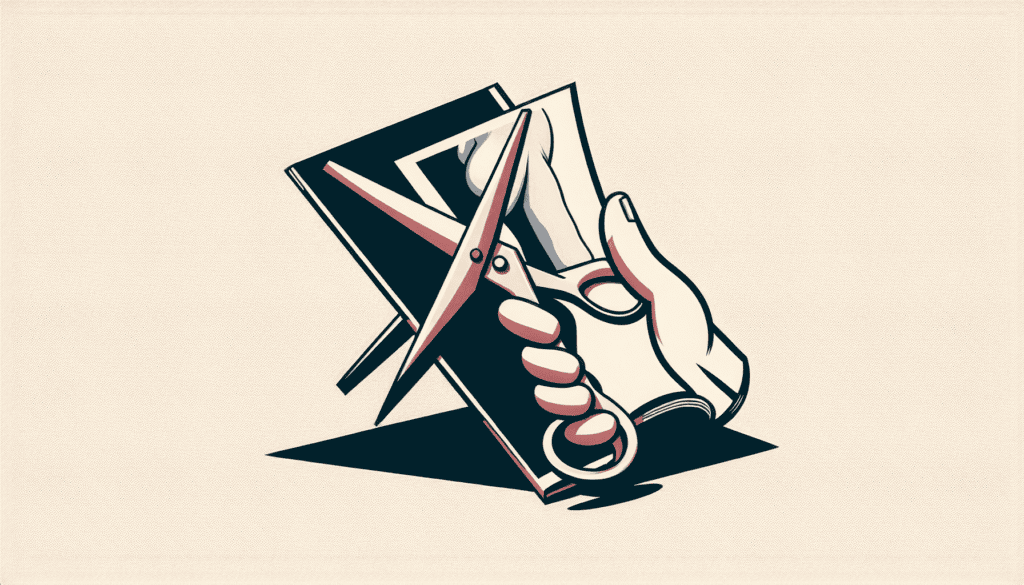Understanding Recovery
Definition of Recovery
Recovery isn’t just about kicking a habit; it’s about a whole new way of living. The Substance Abuse and Mental Health Services Administration (SAMHSA) describes it as “A process of change through which individuals improve their health and wellness, live a self-directed life, and strive to reach their full potential.”
Now, that sounds a lot more interesting than abstaining from bad habits, right? This idea pushes aside merely quitting the harmful stuff and embraces a whole wellness makeover. We’re talking lifestyle tweaks, social swaps, and breaking old routines that fed the addiction monster.
Recovery programs aren’t just for those knee-deep in trouble. They’re for anybody whose relationship with substances is turning a bit toxic. Contrary to popular belief, you don’t need to be in dire straits to benefit from these programs. Those little habits we find ‘under control’ might be steering us toward rocky roads we don’t want to travel.
Process of Change
Changing is rarely a straight line. It’s more like a dance of two steps forward, one step back (with a few twirls and dips in there!). The recovery journey isn’t all rainbows and butterflies; it’s a mix of highs, lows, and everything in between. Change takes guts, commitment, and dealing with some deeper issues lurking below the surface like mental health hiccups, social sway, or tricky situations.
| Stage of Change | Description |
|---|---|
| Precontemplation | No plans to change yet. |
| Contemplation | Problem acknowledged, mulling over changes. |
| Preparation | Formulating a change game plan. |
| Action | Actively shaking things up. |
| Maintenance | Keeping up with the positive changes. |
Waiting to bottom out before getting help? Not necessary! Nipping the issue in the bud can make a world of difference, preventing the nasty aftermath of letting addiction take hold. Speaking up and asking for help can be a game-changer (Imagine Recovery). Having a strong support system can work wonders, too. Sharing the weight with someone else can lighten the load and ramp up chances of bouncing back.
Mapping out the road to recovery requires more than just a GPS. It’s a blend of the personal and communal, an intricate journey that demands time, perseverance, and often a helping hand. Moving through this complex process is much easier when fueled by support, communication, and sheer tenacity.
Factors Affecting Recovery
Getting a grip on what makes recovery work is super important for folks dealing with porn addiction. Two big players in this journey are strategies to dodge relapses and the knack for learning from slip-ups.
Relapse Prevention Strategies
Relapse can feel like a bummer, but it sneaks into the recovery process quite often. Marlatt and Gordon cooked up some ideas back in 1985 about stopping relapses, using cognitive-behavioral stuff to tackle the situations leading up to them. They zoomed in on relapse as a mess-up in handling funky thinking and outside triggers, messing with someone’s mojo in staying clean (PMC).
Keeping sobriety strong calls for some clever anti-relapse tricks. Here’s a cheat sheet of common tactics:
| Strategy | What’s It About? |
|---|---|
| Cognitive Restructuring | Spotting and battling those nasty thought patterns that might cause a relapse. |
| Coping Skills Training | Cooking up smart ways to deal with triggers and tricky times. |
| Self-Monitoring | Keeping a diary to track feelings, cravings, and the tough spots that might trip you up. |
| Support Systems | Leaning on friends, family, or groups who’ve got your back through the rough patches. |
| Developing Action Plans | Crafting a game plan to handle urges and dodge potential relapses. |
These strategies pack a punch in boosting someone’s odds for a long-term win by sharpening their chops to tackle tough spots. Slip-ups shouldn’t be seen as a total flop; instead, they’re like wake-up calls to tweak treatment plans and nail those coping skills. If you’re curious, peek at our piece on how to keep the recovery motivation revved up.
Learning from Mistakes
For many struggling with addiction, reaching solid recovery often means going through multiple programs and attempts. This journey highlights the importance of learning from mistakes, rather than seeing them as deal-breakers. Knowing that relapse is part of the game can ward off feelings of hopelessness (PMC).
Here’s why messing up can actually be golden:
- Taking a Good Look at Triggers: Spot what caused past slip-ups—whether they’re situations or feelings—and build a battle plan.
- Tweaking Treatment Plans: If a certain approach flops, tweaking it based on battle scars can kick progress into high gear.
- Building Grit: Recovery’s all about growing and toughening up. A mindset fixed on growth can help folks bounce back faster from setbacks.
Taking lessons from past goofs sets up a made-for-you recovery path, making you tougher and upscaling your odds for scoring long-term success. For a detailed dive into crucial recovery steps, check out our guide on what are the most important steps in recovery.
Understanding these angles helps folks deck themselves out for the recovery road, doubling down on their promise for lasting sobriety and self-improvement.
Importance of Social Support
Protective Effects of Social Support
Being surrounded by folks who genuinely care can be a game changer for anyone battling an addiction, including porn addiction. Having a strong support network can act as a shield against some pretty tough mental battles, like PTSD, depression, or self-harm (PMC). In the recovery zone, friends and family play a part in helping individuals steer clear of relapse, get more out of treatment, and generally feel better about life.
When you’re backed by good people, life looks a bit brighter, and the stress meter tends to drop. Such relationships breed a strong sense of belonging and keep folks accountable, which is gold when climbing out of the addictive pit. Loved ones don’t just pat you on the back; they cheer you on to keep up the healthy habits and join in the real talks about feelings and hurdles encountered when kicking addiction’s butt.
| Benefit of Social Support | Description |
|---|---|
| Shield Against the Bad Stuff | Helps in fending off depression, PTSD, and self-harm |
| Fewer Slip-Ups | Linked to less frequent relapses and better recovery stats |
| Sticks With Treatment | Helps folks stay the course with recovery programs |
| Better Life Feels | Boosts overall happiness and stresses less |
Role of Social Support in Traumatic Events
When life throws a curveball, having that shoulder to lean on is key. Especially for those struggling with addiction paired with trauma, the people around them serve as the bedrock for healing. Programs like Alcoholics Anonymous (AA) create a web of social support that’s crucial for success in overcoming addiction. Being part of these groups often means you’re more likely to stay sober longer and have healthier relationships (PMC).
Sharing personal stories in these groups helps individuals not only learn from each other but also feel like they belong to a caring community. The more someone is involved in 12-step programs, the larger their circle of supportive friends becomes, forming a safety net for the rough patches.
For anyone breaking free from porn addiction, finding allies who get the struggle can lead to real breakthroughs. Loved ones and support groups offer that vital encouragement, direction, and inspiration needed to keep moving forward. Checking out resources like how do I support a partner who is in recovery? provides additional ways to bolster social support during these crucial times.
Integrated Biopsychosocial Model
The Integrated Biopsychosocial Model offers a solid way to look at how folks recover, especially when it comes to overcoming porn addiction. It points out how our body, mind, and social life all mix together in recovery, making sure nothing’s left behind.
Getting Through Recovery
Dealing with recovery from porn addiction requires some serious coping tricks up your sleeve. People face a bunch of hurdles, so leaning on different strategies to tackle cravings and triggers is key. Cognitive Behavioral approaches, as Marlatt and Gordon put it, are about clearing up mental fog and spotting cues that could lead to slips (PMC).
Some solid strategies to include:
- Mindfulness Routines: Helping folks stay in the now and check in with thoughts and emotions without beatin’ themselves up.
- Group Support: Building that community vibe and having buddies for those tough times.
- Building Self-Confidence: Amping up people’s belief in saying “no” with better skills and some positive backup.
Nailing these coping moves is super important as they lay the groundwork for real change and keeping relapses at bay.
Social Web in Stress Recovery
Beating porn addiction isn’t just a solo ride; it’s wrapped up in your world of relationships and social ties. The Integrated Biopsychosocial Model shows how important it is to get a handle on these social strings and the ways folks adapt when stress levels shoot up (PMC).
Social pieces that can sway recovery include:
- Loved Ones’ Encouragement: Having friends and family cheer you on can make all the difference.
- Joining the Community: Finding your peeps in support groups or online forums where shared struggles can mend wounds.
- Therapy: Seeing a counselor can dish out much-needed advice and coping strategies.
Seeing recovery as this web of interlinked systems lets folks grasp the big picture of getting better. Biology, psychology, and social ties all play a part in shaping how someone pulls through. For more tips, check out resources on staying motivated for recovery or dealing with bumps during recovery.
Myths vs. Facts in Recovery
Nobody likes being led astray by myths, especially when it’s about something as important as recovering from porn addiction. Let’s knock down those tall tales standing in the way of getting back on track and set things straight.
Common Misconceptions
- Recovery is Only for Severe Addictions
There’s a notion floating around that recovery programs are just for those in dire straits. Not true. Recovery is there for anyone noticing their habits start to mess with their life, no matter how big or small. Even little routines can trip you up big time. - Isolation is Necessary for Recovery
Some think you’ve got to shut yourself off from the world to kick an addiction. Reality check: Friends and family can be your best cheerleaders, helping you along through therapy, group chats, and good old talking things out. - Help Can Only Be Sought After Hitting Rock Bottom
You don’t have to wait for the ground to fall out beneath you to start getting help. The earlier you catch the signs of trouble, the better. Getting ahead of it can keep things from spiraling even more out of control.
Reality of Recovery Process
- Recovery Requires More Than Willpower
Breaking free isn’t just about telling yourself “I can do this.” It takes a mix of therapy, medical help, lifestyle tweaks, and leaning on your community. Tackling mental health concerns, learning new coping tricks, and connecting with others in the same boat are all part of the game plan. - Relapse is Part of Recovery
Slipping up isn’t the end; it’s a pit stop. Relapses aren’t failures—they’re chances to learn and fine-tune what’s working or not. It’s about bouncing back stronger, not staying down. - Support Systems are Crucial
Having a tight-knit group in your corner makes a huge difference. Leaning on friends, fam, and others who’ve been through it helps keep things on track. Embracing community support can lead to stronger, longer-lasting results.
By debunking these myths and shining a light on the truths of recovery, folks dealing with porn addiction can find a clearer way forward. For more tips like keeping motivation high or figuring out how long recovery might take, there are heaps of resources to check out.
Strategies for Mental Wellness
For many kicking the habit of porn addiction, embracing practical ways to boost mental health is a real game-changer. It’s all about cutting out distractions for a quick mind reboot and making time to take care of yourself.
Disconnection for Mental Reset
Taking a break from the everyday hustle can do wonders for your mental health. Just stepping away from the grind or those endless digital pings for a bit can clear the fog and ease stress. It’s like hitting a mental refresh button, opening the door to a more centered and chill vibe. A quick five-minute breather, says Authority Magazine, can work wonders as a mental refresher.
Getting into things like meditation, breathing deep, or a good stretch session can add even more bang for your buck. Stretching not only loosens those tight muscles but also boosts emotional balance. It gets the blood pumping to your brain, sharpening focus and mental clarity.
Importance of Self-Care
Looking after yourself is key when keeping your mental headspace in check during recovery. It’s all about the simple stuff that keeps you grounded and happy. No need for grand, extravagant gestures—just find pleasure in the little things and build healthy routines. Dive into a hobby, jot down your thoughts, or soak up the outdoors to strengthen your emotional backbone (Authority Magazine).
Looking after yourself can really lift your spirits and spark a positive outlook, paving the way to handle whatever life throws at you during recovery. Locking in a self-care routine can be a real game-changer, laying down the path for keeping the addiction at bay long-term.
Disconnecting and taking care of yourself are essential for keeping stress in check and boosting mental wellness. These practices are crucial when unraveling what are the things people don’t tell you about recovery?. With these mental health strategies, folks can build a solid support system, vital for thriving on the recovery path.








![Your Brain on Porn [Book Review]](https://christpulse.com/wp-content/uploads/2024/09/611TBbtqJYL._SL1360_-663x1024.jpg)




